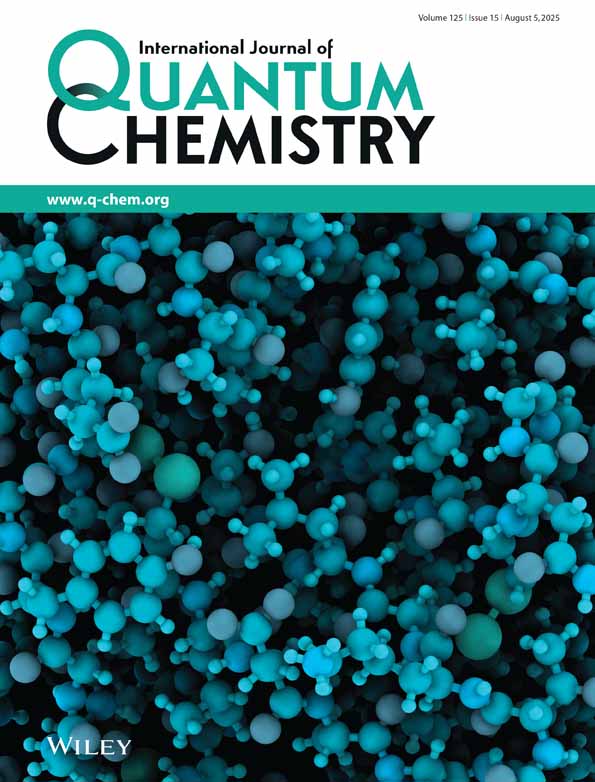Maximum principles in DFT from reciprocal variational problem
Abstract
Formalism of density-functional theory (DFT) is based on the calculus of variation. In the Hohenberg and Kohn theorem, a variational equation minimizing electronic energy with respect to an electron density is constructed. The calculus of variation allows one to formulate a problem which is reciprocal to an original one. Also, we may consider the problem of finding the electron density determining a given energy E=E[ρ] for a maximum number N=N[ρ] of the electrons forming the system. In this work, the reciprocal variational problem is discussed. Mathematical considerations are followed by a presentation of an application of the reciprocal problem (maximum entropy principle). Other possibilities of the applications are sketched. © 1997 John Wiley & Sons, Inc. Int J Quant Chem 65: 499–501, 1997




